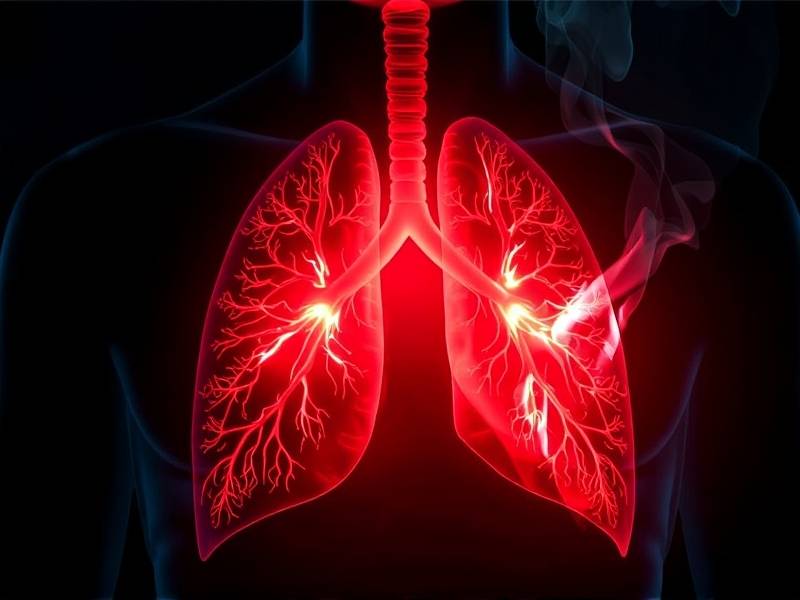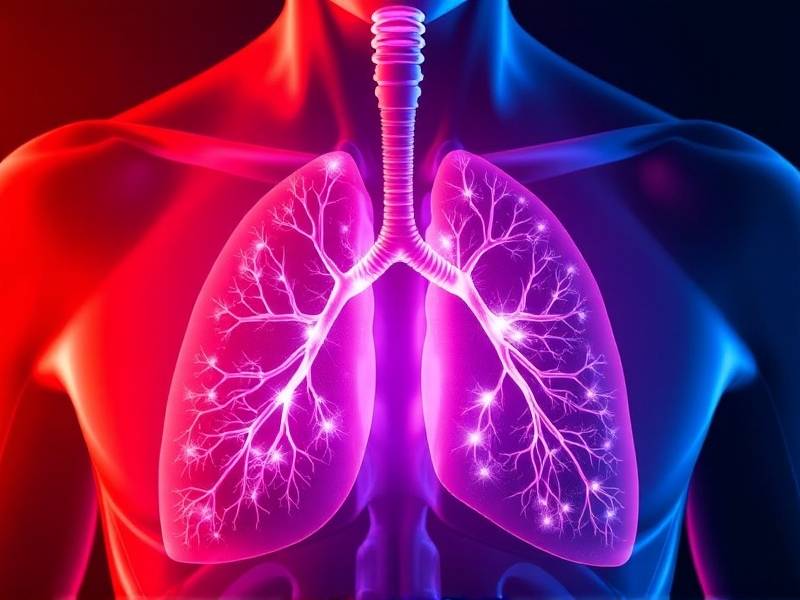How to Boost Lung Health and Recovery Quickly After Quitting Smoking
Understanding the Impact of Smoking on Lung Health
Quitting smoking is a significant step towards improving your overall health, particularly lung health. Smoking causes numerous respiratory issues, including chronic bronchitis, emphysema, and an increased risk of lung cancer. The journey to recovery after quitting smoking can be challenging, but there are effective ways to accelerate the process.
The First 48 Hours: Immediate Benefits
When you quit smoking, your body begins its healing process almost immediately. Within the first 48 hours after quitting, your carbon monoxide levels drop significantly, and your blood oxygen levels rise. This is a crucial time for your lungs to start repairing themselves.
Small Steps for Big Gains
1. Increase Your Physical Activity
Physical activity is essential for improving lung function. Engaging in regular exercise can help clear mucus from your lungs and enhance lung capacity. Activities like walking, swimming, or cycling are excellent choices.

2. Practice Deep Breathing Exercises
Deep breathing exercises can improve lung capacity and reduce stress levels. Techniques like diaphragmatic breathing or pursed-lip breathing can help you manage symptoms like shortness of breath.

3. Stay Hydrated
Drinking plenty of water helps keep mucus thin and easy to expel from your lungs. Aim for at least eight glasses of water per day.
Nutrition: A Key Player in Recovery
A balanced diet rich in fruits, vegetables, lean proteins, whole grains, and healthy fats can provide essential nutrients that support lung recovery.
1. Vitamin C and Antioxidants
Vitamin C and antioxidants found in fruits like oranges and berries can help protect against oxidative stress caused by smoking.
2. Omega-3 Fatty Acids
Omega-3 fatty acids found in fish oil supplements or fatty fish like salmon can reduce inflammation in the lungs.
Avoiding Triggers: A Critical Factor
Identify environmental triggers that worsen your symptoms and avoid them as much as possible. These may include secondhand smoke, dust particles, pollen, or chemical fumes.
Support Systems: Don't Go It Alone
Quitting smoking is easier with support from friends, family, or support groups dedicated to helping smokers quit.
The Power of Mindset: Stay Positive!
A positive mindset plays a crucial role in overcoming challenges during recovery. Believe in yourself and stay focused on the long-term benefits of quitting smoking for both your lungs and overall health.
Conclusion: Your Journey to Better Lung Health Begins Now
Quitting smoking is a commitment that requires dedication and patience. By following these steps to boost lung health after quitting smoking, you're taking significant strides towards a healthier future. Remember that every puff you don't take brings you closer to improved lung function and a better quality of life.
Remember to consult with healthcare professionals before starting any new exercise or dietary regimen. They can provide personalized advice based on your specific needs and medical history.
